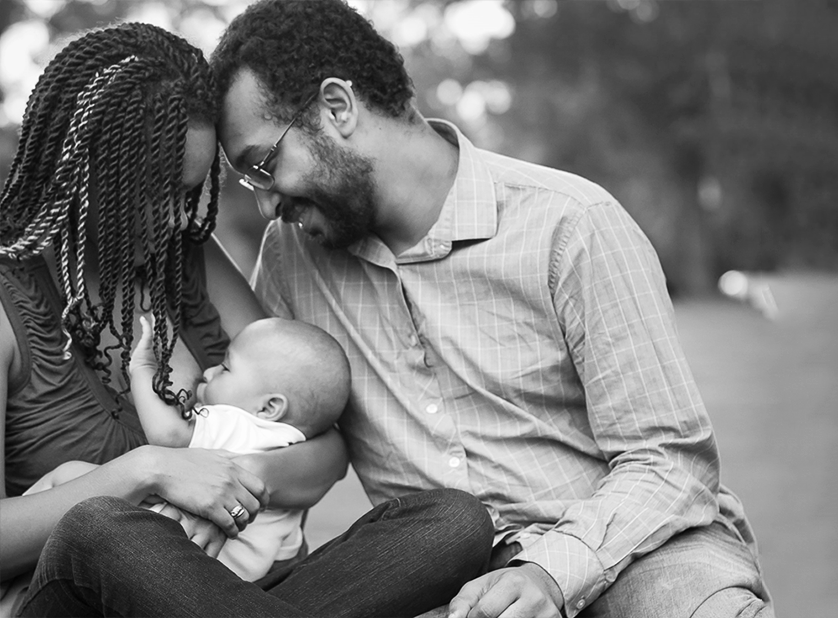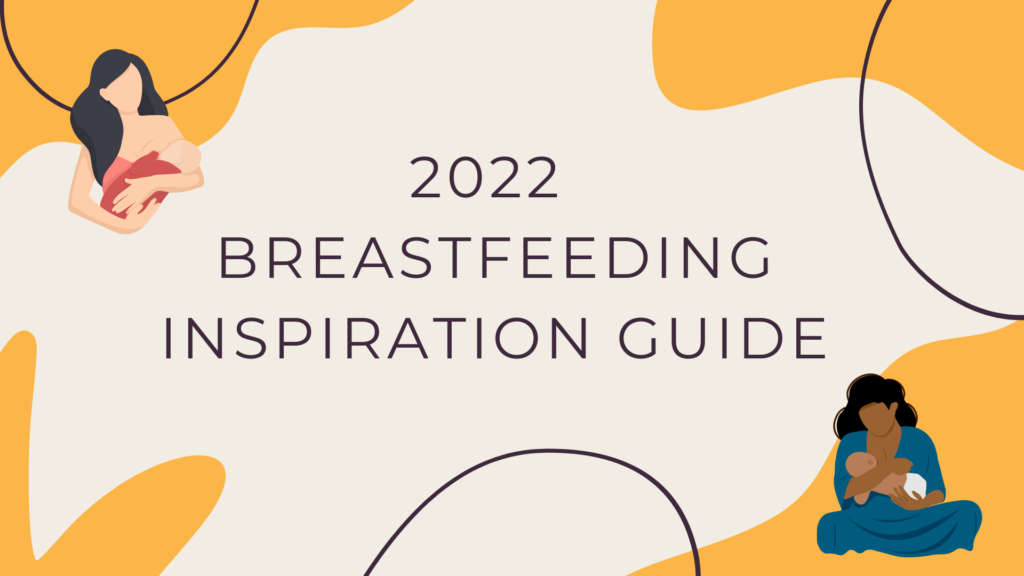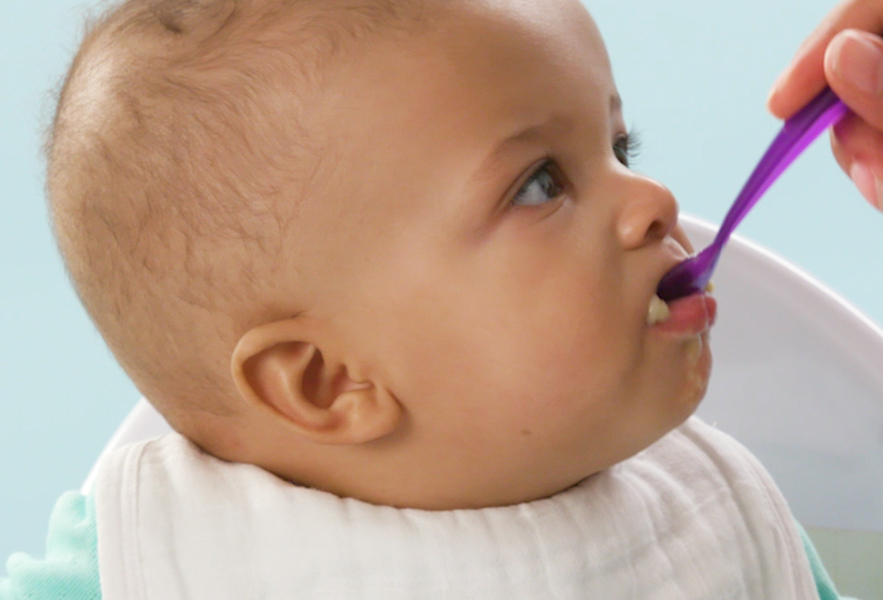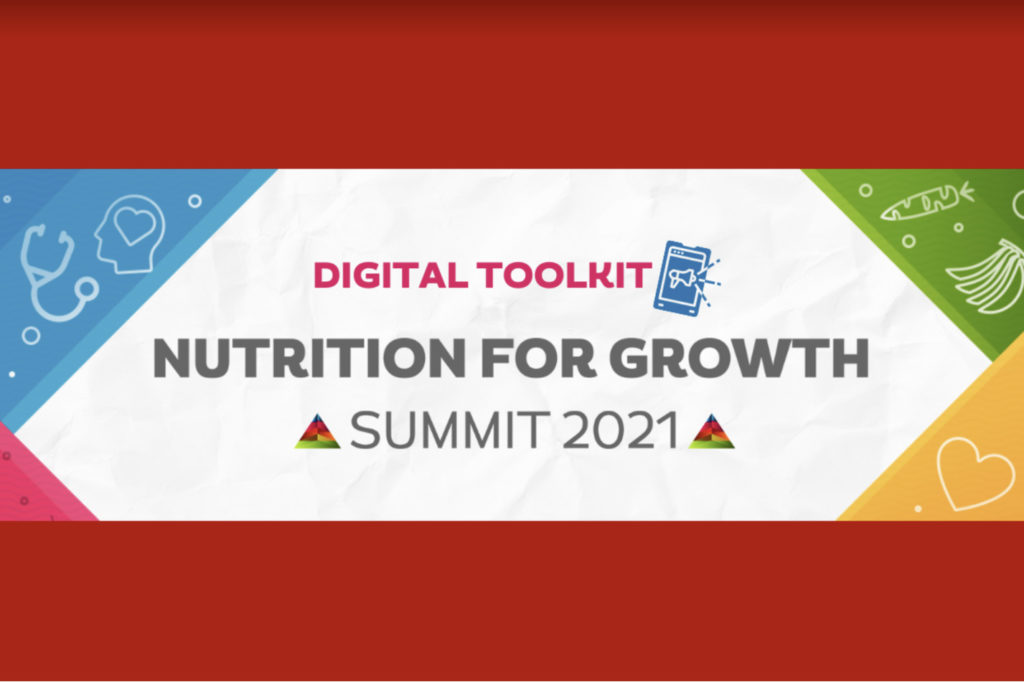Building a Fair Start
The first 1,000 days are a window of opportunity to enable all children to reach their potential.
Every child deserves the opportunity to thrive. But millions of young children don’t get this opportunity. They are born into unstable or unsafe environments, or lack the nurturing and nourishment needed for their bodies and brains to grow. They and their families contend with poverty and other barriers that prevent them from getting the nutrition and care they need to reach their developmental potential. These children start out life at a disadvantage—often, beginning before they are even born—making it harder for them to get a good education, lead a healthy life or earn a good living as adults. In turn, this perpetuates inequality and a cycle of poverty that can cut across generations.
The first 1,000 days are a window of opportunity to break this cycle, build more equal beginnings and put all children on track to flourish. Evidence shows that when young children are well-nourished, cared for and protected from disease, violence and toxic stress, they have the best chance at a thriving future. And when children get a strong start, we all benefit. What we do – or don’t do – now to build every child’s potential will determine their future—and ours.

Pregnancy
Brain development begins before birth.
A child’s brain begins to grow very early on in pregnancy and develops at an astonishing speed. At the 4th week of pregnancy, the brain has an estimated 10,000 cells—by the 24th week, it contains 10 billion. The nutrition that a baby gets from his mother through her diet is the fuel that drives much of this incredible transformation.
Nutrients such as folic acid, iron, zinc and iodine, as well as protein and fatty acids play a vital role in building a baby’s brain during pregnancy. When one or more of these is absent during pregnancy, a baby could be at risk for developmental delays, birth defects and cognitive deficits. A pregnant person’s diet and nutrient stores are the only source of nutrition for a developing baby; therfore it is critical that people get the health care and nutritious food they need before and during pregnancy.

Infancy
When it comes to brain development, breastmilk is nature’s superfood.
Infancy is a time of remarkable brain development and growth. During this time, a baby learns how to interact and communicate with the world around her. Together with responsive relationships with their parents and other caregivers and safe, nurturing environments to explore, babies need good nutrition to fuel their growing brains.
Breastmilk is the perfect nutrition for brain development. It contains a variety of nutrients and proteins—as well as growth factors and hormones that cannot be replicated in infant formula—that are vital to a baby’s brain development. Numerous studies have shown that babies who are breastfed perform better in intelligence tests and have higher IQs scores as children and teens. Because it involves a great deal of mother-to-child touch and nurturing interaction, breastfeeding also plays an important role in strengthening a baby’s sensory and emotional circuitry, which are critical for both cognitive and socio-emotional development.

Early Childhood
Little kids need big nutrition to power their brains for learning.
As a baby transitions into toddlerhood, her brain continues to develop at a rapid pace. While a newborn’s brain is only one-quarter of the size of an adult’s, it grows to about 80% by age 3 and reaches 90% of adult brain size by age 5. In early childhood, the brain is busy forming connections that allow brain cells to communicate with one another, including connections in the brain’s language areas.
Growing brains need nutritious foods rich in iron, zinc and protein. Toddlers need meat and other iron-rich foods to avoid a deficiency in this key nutrient which in turn can impair their learning abilities and their behavior.
Pregnancy
Brain development begins before birth.
A child’s brain begins to grow very early on in pregnancy and develops at an astonishing speed. At the 4th week of pregnancy, the brain has an estimated 10,000 cells—by the 24th week, it contains 10 billion. The nutrition that a baby gets from his mother through her diet is the fuel that drives much of this incredible transformation.
Nutrients such as folic acid, iron, zinc and iodine, as well as protein and fatty acids play a vital role in building a baby’s brain during pregnancy. When one or more of these is absent during pregnancy, a baby could be at risk for developmental delays, birth defects and cognitive deficits. Because a pregnant person’s diet and nutrient stores are the only source of nutrition for a developing baby; therefore it is critical that people get the health care and nutritious food they need before and during pregnancy.
Infancy
When it comes to brain development, breastmilk is nature’s superfood.
Infancy is a time of remarkable brain development and growth. During this time, a baby learns how to interact and communicate with the world around her. Together with responsive relationships with their parents and other caregivers and safe, nurturing environments to explore, babies need good nutrition to fuel their growing brains.
Breastmilk is the perfect nutrition for brain development. It contains a variety of nutrients and proteins—as well as growth factors and hormones that cannot be replicated in infant formula—that are vital to a baby’s brain development. Numerous studies have shown that babies who are breastfed perform better in intelligence tests and have higher IQs scores as children and teens. Because it involves a great deal of mother-to-child touch and nurturing interaction, breastfeeding also plays an important role in strengthening a baby’s sensory and emotional circuitry, which are critical for both cognitive and socio-emotional development.
Early Childhood
Little kids need big nutrition to power their brains for learning.
As a baby transitions into toddlerhood, her brain continues to develop at a rapid pace. While a newborn’s brain is only one-quarter of the size of an adult’s, it grows to about 80% by age 3 and reaches 90% of adult brain size by age 5. In early childhood, the brain is busy forming connections that allow brain cells to communicate with one another, including connections in the brain’s language areas.
Growing brains need nutritious foods rich in iron, zinc and protein. Toddlers need meat and other iron-rich foods to avoid a deficiency in this key nutrient which in turn can impair their learning abilities and their behavior.



